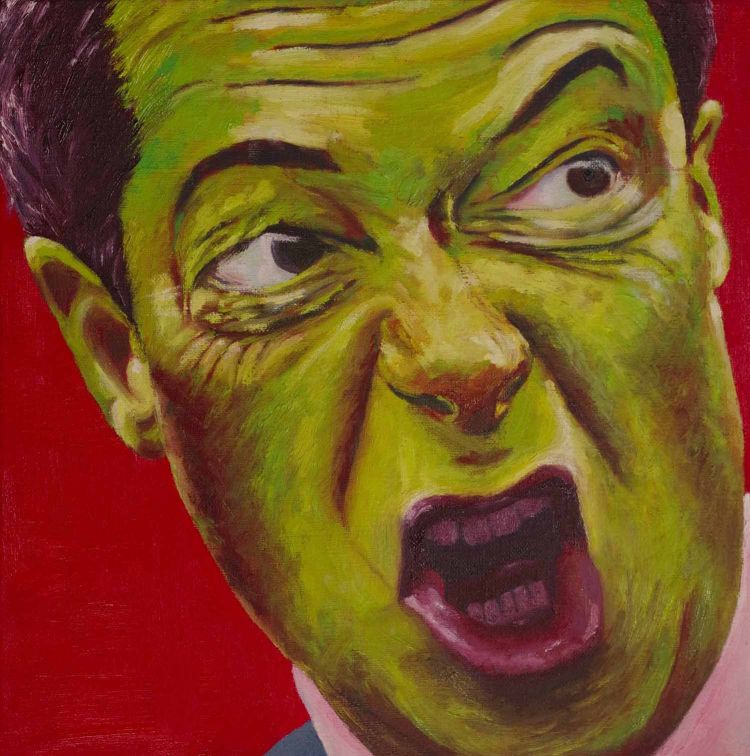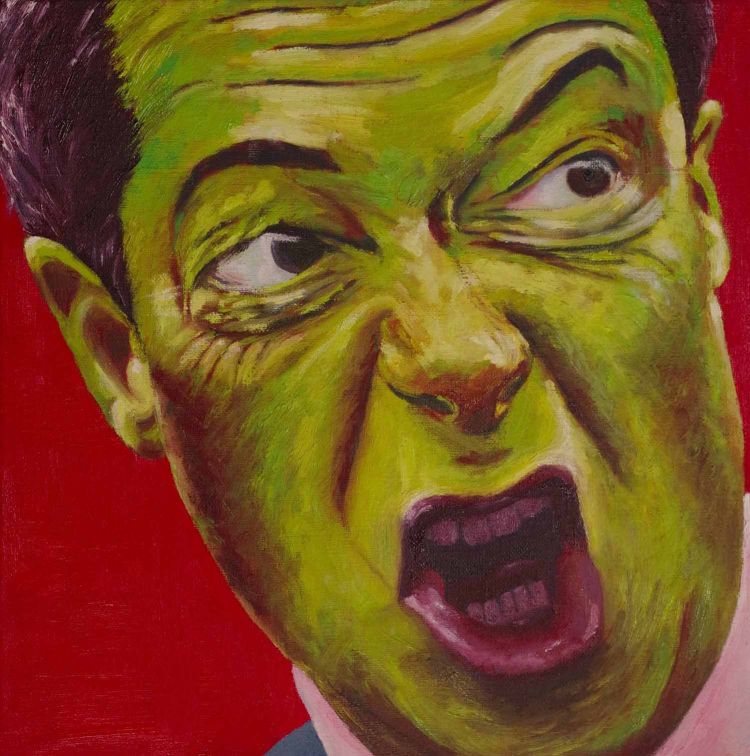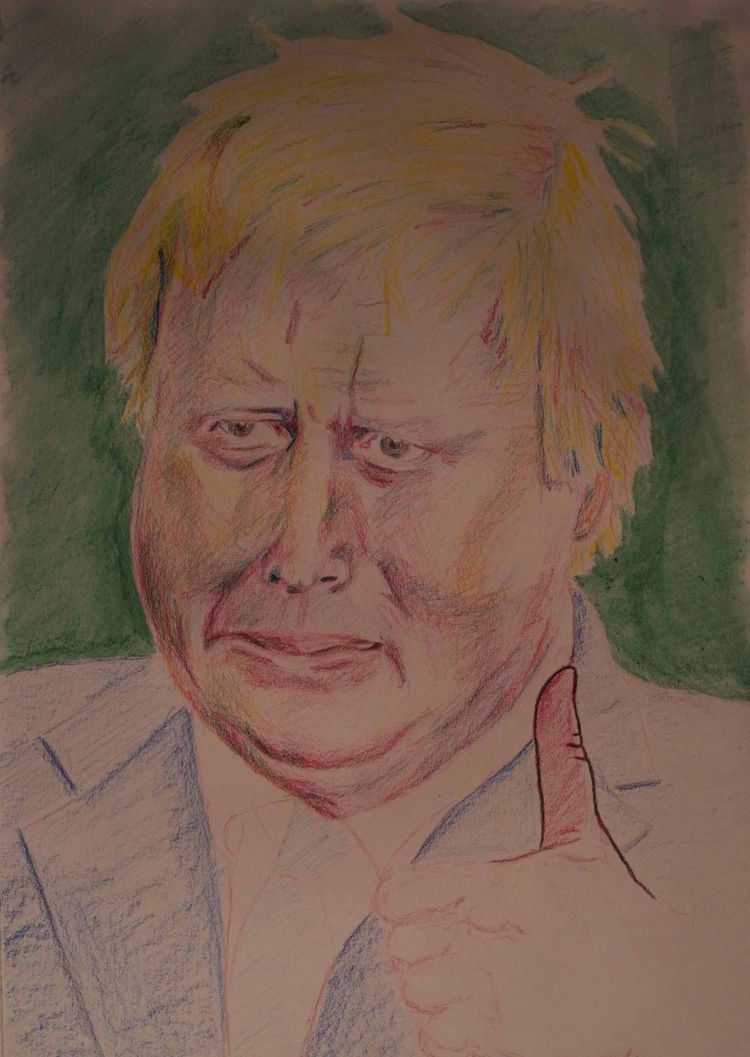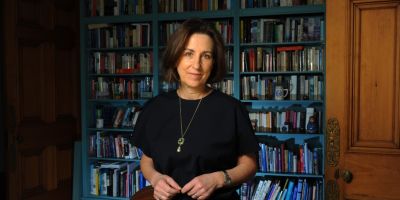Associate Professor’s portraits feature in new digital exhibition exploring populism and art as a research method

Associate Professor’s portraits feature in new digital exhibition exploring populism and art as a research method
A selection of portraits by an Associate Professor from the Faculty of Arts, Humanities & Cultures feature in a new digital exhibition exploring populism and the potential of portraiture as a research method.
Portraits of Polarising Figures by Dr Lone Sorensen, Associate Professor of Political Communication at the School of Media and Communication, is the latest work to be exhibited by the New Institute, a mission-focused charity based in Hamburg, Germany.
Lone’s portraits are connected to the programme Depolarizing Public Debates and draw on her AHRC-funded project Mediated Climate Change Politics in the Post-truth Era: The Epistemology and Performance of Contested Digital Truth Claims.
They depict political figures including former UK Prime Minister Boris Johnson, Brexit Party campaigner Nigel Farage and former US President Donald Trump.

The Joker, by Dr Lone Sorensen, depicts Brexit campaigner Nigel Farage
Lone’s choice of subjects grew out of her previous work on populism – and her book Populist Communication: Ideology, Performance, Mediation – and her current project on political truth-telling.
I’m interested in social performance, how populist politicians present themselves to the world as saviour-like, disruptive truth-tellers, and the ways in which they use facial expression, emotionality and image management techniques to do so. The objective of drawing as a research tool has less to do with capturing or creating aesthetic beauty or displaying artistic skill – neither of which are the intentions behind the pictures here. Instead, the emphasis is on drawing as a generative method of knowledge creation.

If Boris Johnson Felt Remorse, by Dr Lone Sorensen, shows former UK Prime Minister Boris Johnson
Lone is now developing a new methodological practice of portraiture as a research method for the social sciences. She has recently started integrating portraiture with qualitative interviewing and thinking about the role of creative imagination in research.
Portraits of Polarising Figures launched on 29 February and will run until the end of the Depolarizing Public Debates programme in September 2024.
Dr Lone Sorensen co-convenes the school’s Political Communication Research Group and the Political Studies Association (PSA) Populism Specialist Group. She has published a number of journal articles, book chapters and handbook entries on populism, democratisation and mediatisation, and democratic listening on social media. Lone’s first book, Populist Communication: Ideology, Performance, Mediation, was published with Palgrave in 2021 and won the ICA Global Communication and Social Change Division’s Best Book Award in 2022.
The New Institute is an experimental initiative aimed at developing social imaginaries for future societies. It was founded in early 2020 in Hamburg with the objective of combining academic rigor with innovative practice to inspire, promote and implement societal change.




